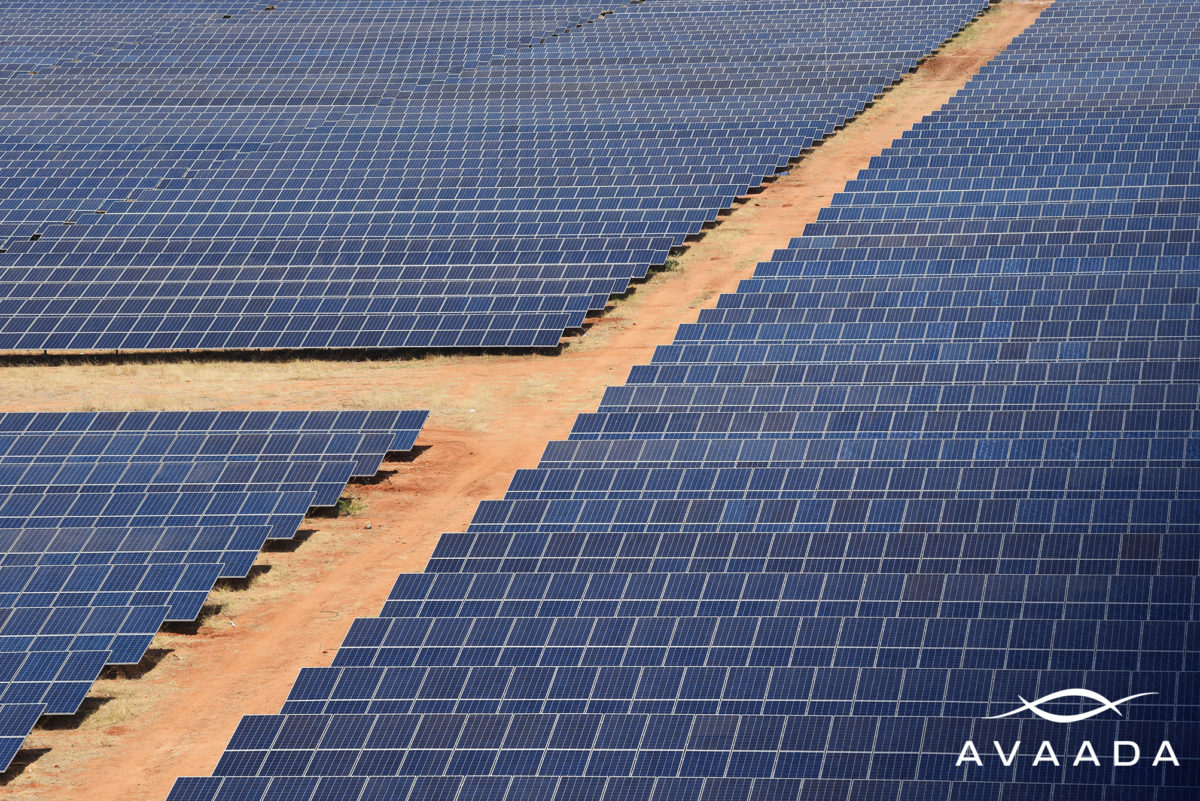In response to a petition filed by the Distributed Solar Power Association (DiSPA), the Delhi High Court has sought clarification from the Ministry of New and Renewable Energy (MNRE) on the provisions made to protect ongoing open access and net metering PV projects from the negative impact of Approved Models and Manufacturers (ALMM) mandate. Developers are hopeful that the Ministry will delay the implementation of the ALMM requirement to such projects by a minimum of one year.
DiSPA is an association of solar, wind, and wind-solar hybrid energy developers and independent power producers for the commercial & industrial (C&I) segment.
Pinaki Bhattacharyya, President, DiSPA, said, “Over 4GW of open access and rooftop projects under various stages of development can get stuck due to this ALMM notification, which will have a significant financial impact on developers and consumers. This will be an additional burden with the basic customs duty (kicking in from April 1) and goods and services tax adversely impacting solar projects.
“The government must understand that the developers are already suffering from issues such as supply chain delays, shortage of raw material, and such sudden amendments only lead to an artificial increase in prices. We are still hopeful that MNRE, which understands the seriousness of the situation, will offer us a solution that is in the larger interest of developing the renewable energy ecosystem.”
In January this year, the MNRE announced the expansion of the ALMM requirement to open access and net-metering projects from April 1, 2022. Accordingly, only the models and manufacturers included in the ALMM list will be eligible for use in government projects, government-assisted projects, projects under government schemes and programs, open access, and net-metering projects.
This amendment to the ALMM order has not been received well by solar developers, who approached the MNRE for clarity on the application of the order to private projects developed for C&I consumers. Developers wanted to know whether adequate time would be provided to implement such an amendment so that ongoing projects are not impacted.
In the absence of a response from the Ministry, developers approached the Delhi High Court for clarification. Surprisingly, the counsel appearing on behalf of the Ministry offered no clarification on the impact on ongoing projects.
“Developers want the Ministry to keep C&I projects under open access and net metering outside the ambit of ALMM requirement, because such projects are neither government funded nor subsidized. In addition, the present supply of solar modules is not enough to cater to government funded projects. Any shortage in supply will affect the development of solar energy projects. It is also a matter of concern that not all module manufacturers pass reliability parameters and they do not make modules that can be used in commercial projects,” DisPA stated.
The next hearing on the matter is scheduled on March 29, 2022.
This content is protected by copyright and may not be reused. If you want to cooperate with us and would like to reuse some of our content, please contact: editors@pv-magazine.com.









By submitting this form you agree to pv magazine using your data for the purposes of publishing your comment.
Your personal data will only be disclosed or otherwise transmitted to third parties for the purposes of spam filtering or if this is necessary for technical maintenance of the website. Any other transfer to third parties will not take place unless this is justified on the basis of applicable data protection regulations or if pv magazine is legally obliged to do so.
You may revoke this consent at any time with effect for the future, in which case your personal data will be deleted immediately. Otherwise, your data will be deleted if pv magazine has processed your request or the purpose of data storage is fulfilled.
Further information on data privacy can be found in our Data Protection Policy.